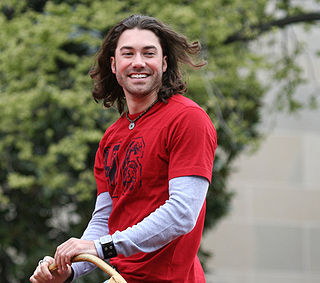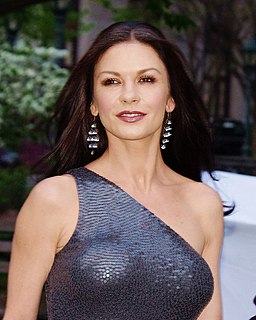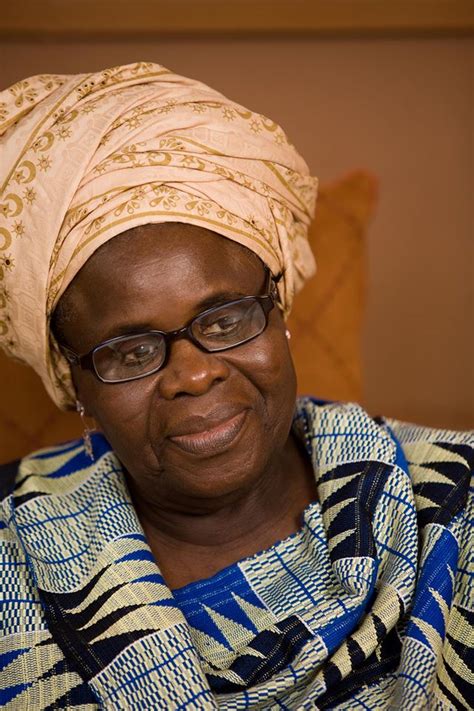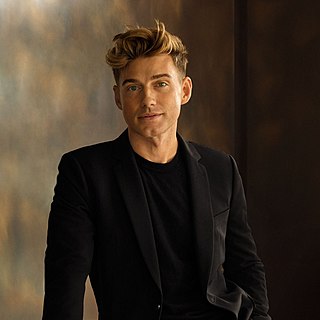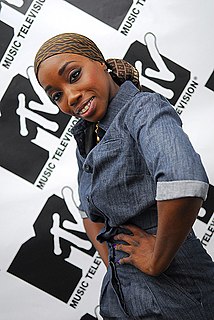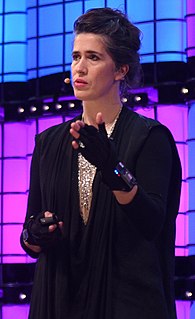A Quote by Jill Scott
I was once making a burger for myself at my boyfriend's house and a lyric started pouring out and I had to catch it, so I ran to another room to write it down, but then the kitchen caught fire. His cabinets were charred, and he was furious. But it was worth it for a song.
Related Quotes
His master’s pain was his pain. And it hurt him more for his master to be sick than for him to be sick himself. When the house started burning down, that type of Negro would fight harder to put the master’s house out than the master himself would. But then you had another Negro out in the field. The house Negro was in the minority. The masses—the field Negroes were the masses. They were in the majority. When the master got sick, they prayed that he’d die. If his house caught on fire, they'd pray for a wind to come along and fan the breeze.
The thing to remember about love affairs," says Simone, "is that they are all like having raccoons in your chimney." ... We have raccoons sometimes in our chimney," explains Simone. And once we tried to smoke them out. We lit a fire, knowing they were there, but we hoped the smoke would cause them to scurry out the top and never come back. Instead, they caught on fire and came crashing down into our living room, all charred and in flames and running madly around until they dropped dead." Simone swallows some wine. "Love affairs are like that," she says. "They are all like that.
Once I was hosting an important dinner party at our house - everything was perfect, candles were lit, the house smelled amazing with great food and drinks ready. We lit a fire and the flue wasn't able to open, unbeknownst to us. We smoked out the entire house and the fire department had to come - it was a mess.
I can sit in my room and write a song that I think might be a hit. I can sort of make myself do that, and then I'll play it to a friend, and they'll say, 'Oh, that's nice.' But when something happens to me, and I sit down and write a song to get rid of my emotions, they'll turn around and say, 'Wow, that's great.'
Right away, I knew I didn't want to have that look of other guys with long hair and bell-bottom pants, because everybody else had that look. I kind of adopted my boarding-school look, which made me stand out. Then the next thing you know, the first song on my first record is a song called "School Days." It's about going to the boarding school I went to. So then I just started to write about myself. The very first song I ever wrote was about a guy I met in a boatyard that we were working in. So I've always had this thing about sticking to more or less what I knew.
Most of the time, the lyrics are kind of like my secret messages to my friends or my boyfriend or my mom or my dad. I would never tell them that these songs are about them or which specific lyric is about somebody. Often, when I sit down to write a lyric, it is in the heat of the moment, and something has just happened.
The first thing I did when I got inside was turn on the kitchen light. Then I moved to the table, putting my dad's iPod on the speaker dock, and a Bob Dylan song came on, the notes familiar. I went into the living room, hitting the switch there, then down the hallway to my room, where I did the same. It was amazing what a little noise and brightness could do to a house and a life, how much the smallest bit of each could change everything. After all these years of just passing through, I was beginning to finally feel at home.


